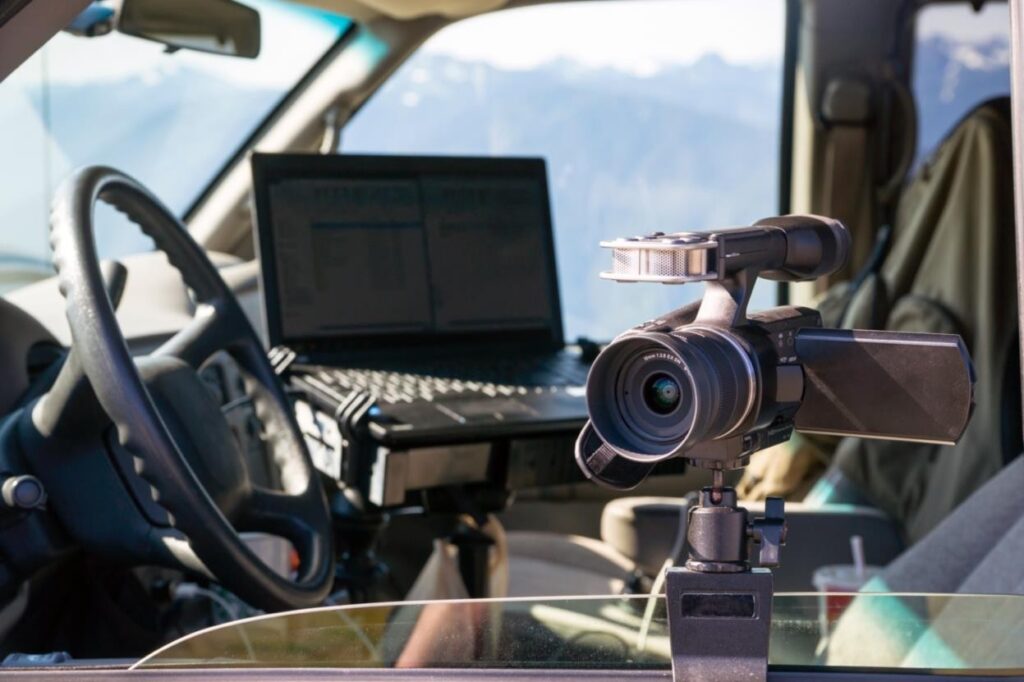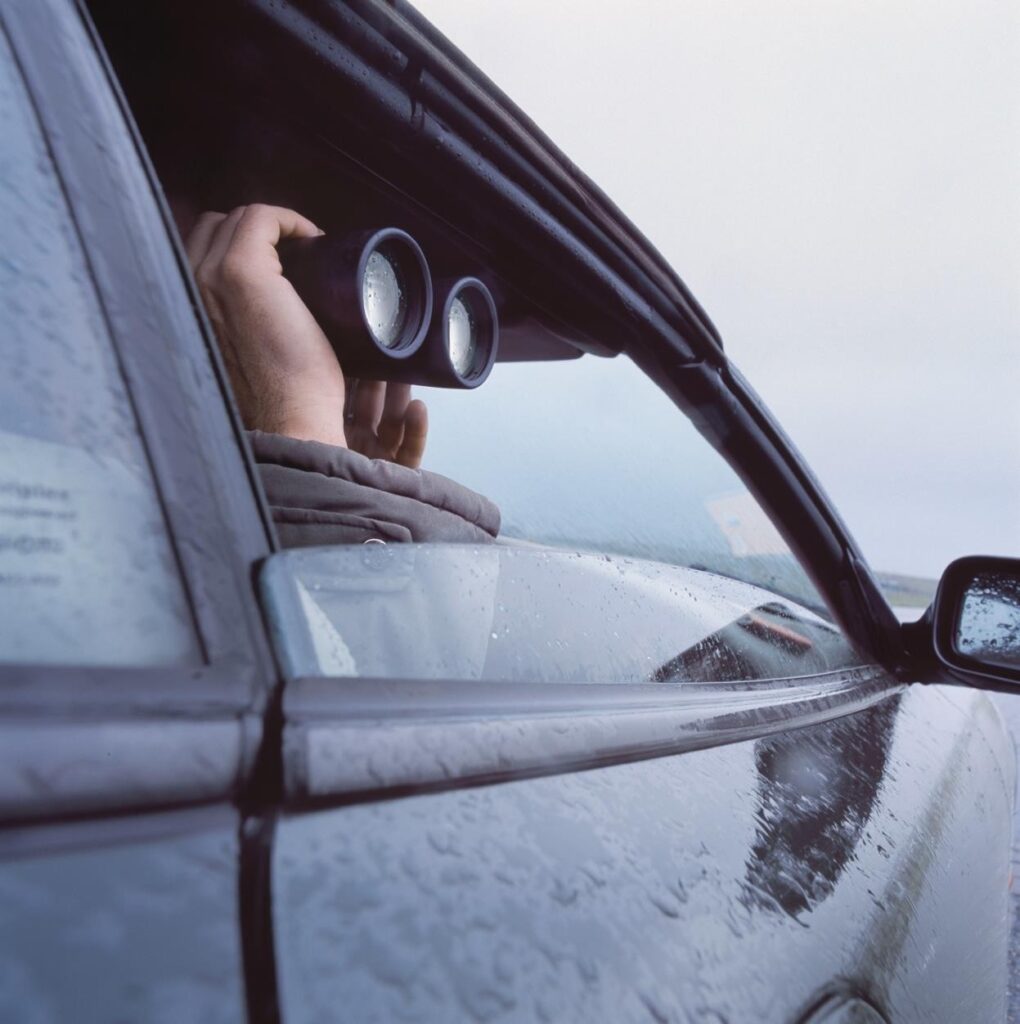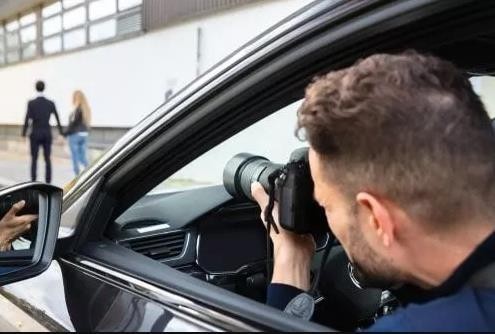
Surveillance as a Private Investigator and Challenges Faced
Private investigators have a wide range of responsibilities and will meet a variety of needs depending on the client’s wants. Surveillance is the most popular type of investigation since it is an efficient approach to gathering information without infringing any laws or norms of conduct.
The way private investigators conduct surveillance will vary depending on the circumstances, but in most cases, private investigators will be bound by certain norms and principles.
People’s perceptions of what a private investigator’s job requires are frequently affected by crime-drama television shows and detective flicks. As a result, private investigators frequently face misunderstandings concerning detective work’s technicality.
Surveillance and tracking techniques are commonly used by private investigators to acquire evidence. Monitoring and tracking, infidelity, child custody, wellness checks, family affairs, and insurance fraud such as workers’ compensation, personal injury, identifying missing persons, employee absenteeism and history checks, and investigating fraud and theft are all common uses of surveillance.
What methods do private investigators use to conduct surveillance?
Surveillance is the practice of closely observing and monitoring a subject’s activities. Surveillance must be conducted in a clandestine manner to guarantee that the subject is unaware that they are being watched. This usually entails using GPS tracking where allowed by law techniques on foot or in a vehicle to monitor the subject’s location.
A skilled private investigator will specialise in covert surveillance techniques, which allows them to track down a person’s home address, and workplace, they study their background and lifestyle while remaining undiscovered.

Private investigators use hidden cameras and specially outfitted static vehicles to conduct proximity surveillance in buildings. To remain undetected, these stationary vehicles frequently have a normal-looking exterior but are equipped with specialised surveillance technology on the inside.
Although private investigators must be fully licenced and insured to pursue a subject, they are not permitted to run red lights or drive recklessly to keep up with the target. This means they may temporarily lose sight of the subject, but they will be able to follow them down using their advanced GPS tracking technology.
A licenced surveillance operator must always operate within the bounds of the law, avoiding trespassing on private property and ensuring that no tracking laws are broken. Private investigations, along with the deployment and usage of GPS Electronic Tracking Devices, abide by the norms and regulations established by the organisations in each location.

Specific Challenges of Surveillance as a Private Investigator
Surveillance Private investigators are frequently ordered to follow a subject across traffic on surface streets, hoping not to lose sight of or be spotted by the subject being watched. They frequently must follow a subject into a crowded mall, office building, or complex with private parking that must be authorized by the property’s resident or security. Even if they gain access, they must first determine where the suspect has parked. The investigator must next find a parking spot near the subject and see where the subject is heading, which is a near-impossible undertaking. When subjects travel at night and the same scenario occurs, it just adds to the difficulties of going into areas like malls with restaurants/bars in the evening, which is why private investigators or private investigating agencies recommend a second investigator. A second investigator can get out of the vehicle and follow the subject(s) on foot to wherever they go, capturing the video evidence that the client is looking for.

Child custody situations in which one party is attempting to prove that the other is negligent in some way, such as drinking and driving or using drugs while the kid(s) is in their care, can be just as difficult. The stakes are much higher in child custody cases, especially if the individual is caught drinking at a restaurant/bar with an investigator watching and video them consume alcoholic beverages before getting behind the wheel of a car with or without the child present. These are the kinds of situations where negligence can be proven, and the client’s lawyer may be able to present this evidence in a family court trial.
Many new challenges are affecting private investigators. You should be aware of these issues whether you want to work as a private investigator or employ one. Hopefully, you found this article to be eye- opening.



